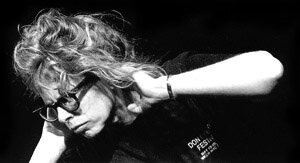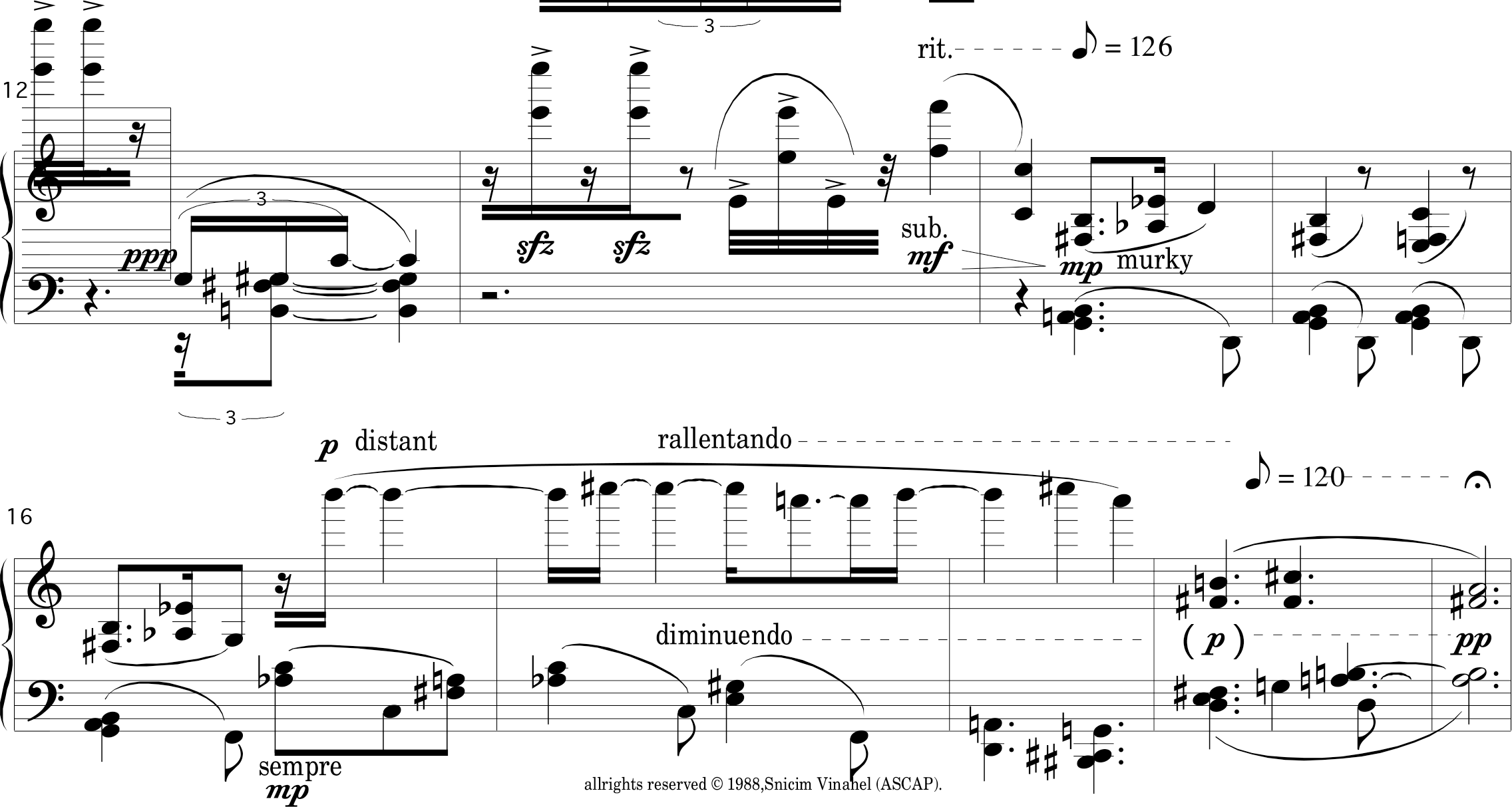I am honored to be a part of the Village Trip festival, Sept. 6-24, 2023: https://www.thevillagetrip.com/program/
I get to be in it twice!
1.
First is a song. To be sung Sunday by Soprano Sharon Harms with pianist Joan Forsyth. I’ve set a poem called The Possible by poet Mascha Kaléko, written in German 50 years ago in the West Village. See below.
September 17 @ 3 - 4:30 pm EDT
St John’s in the Village
218 W 11th St, New York, NY, United States
Born in Chrzanów, Poland, in 1907, Mascha Kaléko grew up in Berlin’s slum district inhabited primarily by “ostjüdisch” (Eastern European Jewish) immigrants. In the 1920s, Kaléko became one of the Berlin literary avant-garde who gathered at the Romanisch Café. Her first two poems, which she published in 1929 in Querschnitt, and the numerous poems that followed over the years made Kaléko a Berlin celebrity. Mascha Kaléko’s witty verses celebrate and satirize urban life in pre-war Germany; they deal with the working world of little people in the big city, social injustice, and the modest happiness of the life of employees, saleswomen, and petty clerks. After Kaléko’s poems were banned by the Nazis, they were hand-copied and circulated secretly. Kaléko died in Zürich, Switzerland, in 1975.
—Ludger Heid, Jewish Women’s Archive: Sharing Stories Inspiring Change
2.
I’m part of a concert called
Uncommon Women
Woohoo! And we’re celebrating my friend Joan Tower.
September 20 @ 7:30 - 9:00 pm
Greenwich House Music School
46 Barrow Street, New York, NY, United States
My piece is 3 1/2 minutes long. Kathleen Supové will play it and I’ve included an excerpt of Kathy playing at Roulette in 1994. It’s called Liszt in the Murk.
Make it stand out
Whatever it is, the way you tell your story online can make all the difference.
I wrote Liszt in the Murk in 1986 when I was first admitted to the Masters program in Music Composition at Columbia. I was one of 5 or 6. I was the only woman. I was the only rock musician. Everyone else was properly atonal. And I knew that while I loved writing serialist music, it was too easy. It was like crossword puzzles. I wasn’t dealing. I enjoyed other people’s music generated that way, but I knew I had to get more honest about who I was. Liszt in the Murk was the beginning of writing from the heart, whatever came out. And it had a tonic—to my horror. But it never sounds old to me. It’s me now.
Thank you, Kathy, for playing it for me again.





